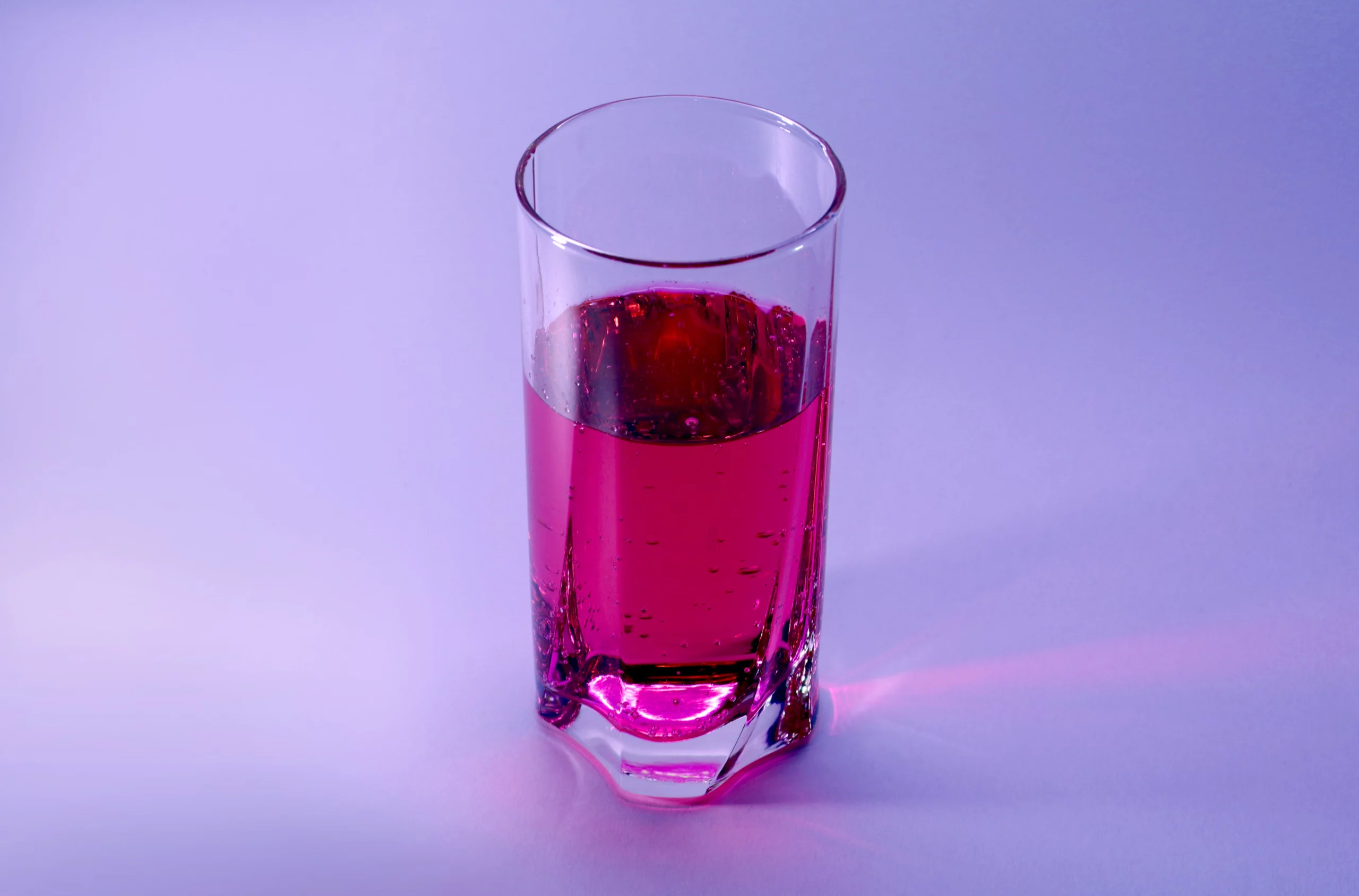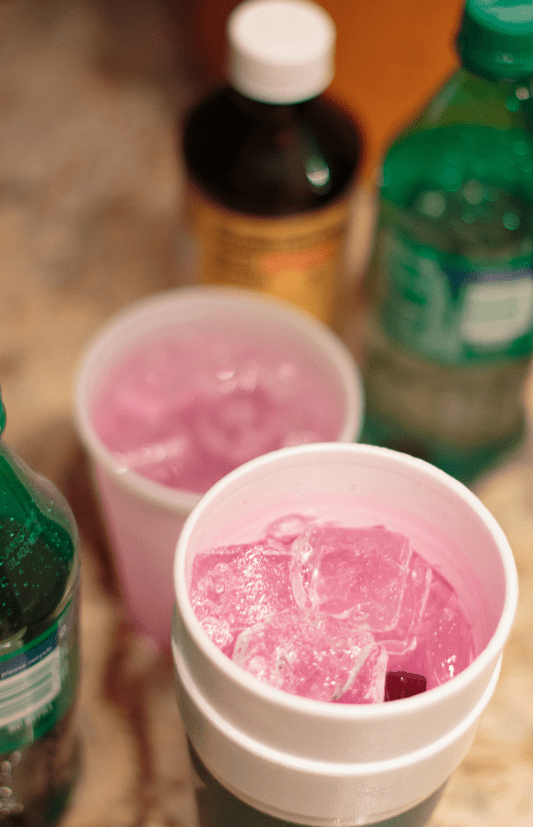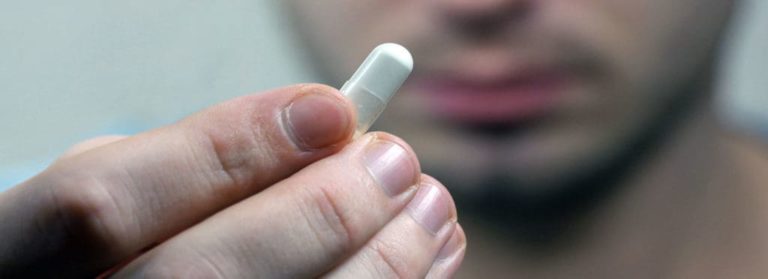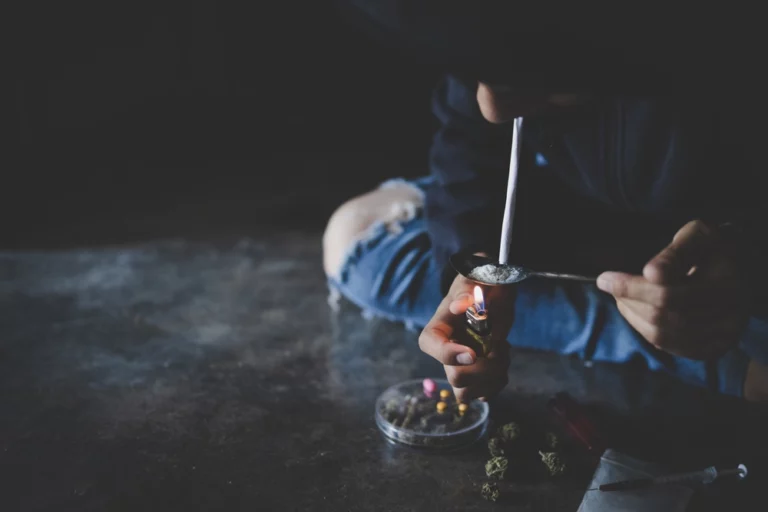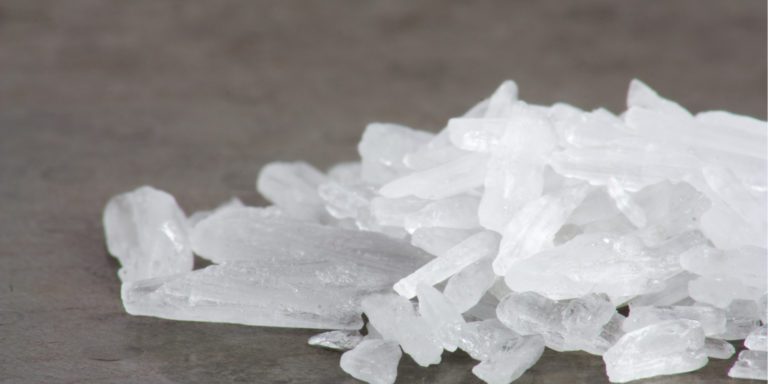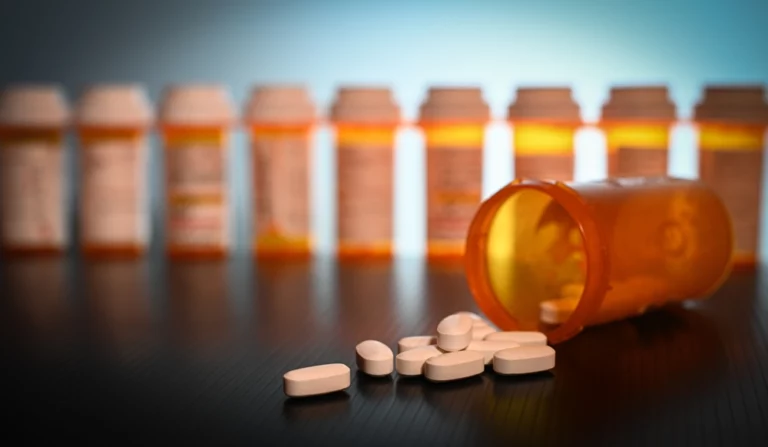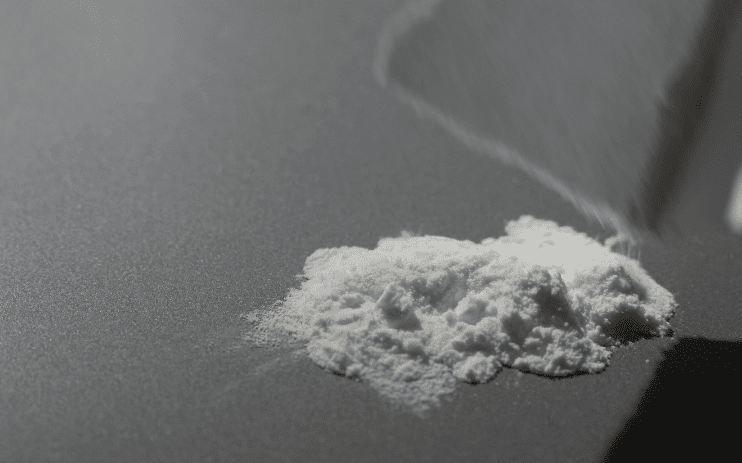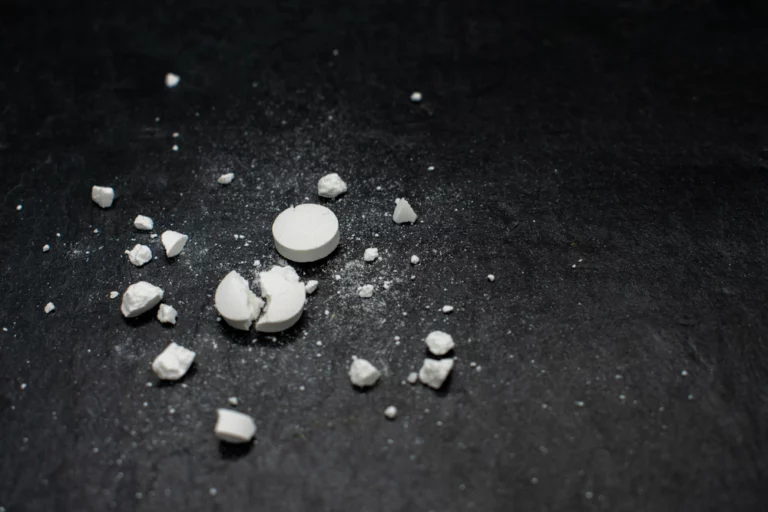Purple Drank Haze: The Lean Drink Craze
Medically Reviewed by Jodi Mabry
According to Three 6 Mafia, Purple Drank will “ Knock you out, make you fall asleep when you’re on them wheels ain’t no doubt…” These are a few lyrics from the song about purple drink “Sippin on sizzurp” which has amassed over 9 million views on Youtube. It is one of many instances in pop culture bringing this new lean craze into the forefront of entertainment media. Whether you are a believer in subliminal programming, media influence, or simply, pervasive thoughts in the collective atmosphere, the reality is clear that this relatively new form of mental escape is definitely filtering in, and does not discriminate, affecting the lives of many addicts, from teens, to pop stars, to professional athletes.
What is this sizzurp; this addictive concoction that has become a dangerous trend, and helped land aspiring hip hop producer Harisson Garcia behind bars for 30 years? What are the effects, the dangers, and the dark truth behind the purple drank, so easy to come by, and so hard to recover from? In this article, I’ll explore the answers to these questions as I delve into what drives the lean drink craze, as well as the challenges that come with its addictive appeal.
The Makings of a new recreational drug
Lean- also known as purple drank, purple lean, sizzurp, dirty sprite, and purple haze drink is a mixture of prescription cough syrup, soda, and sometimes hard candy. It has been around since the ’80s but has grown in popularity and become a staple cocktail, especially among sections of the rap world and pop culture in general.
Lean was initially a favorite drink among blues musicians in Houston, who mixed Robitussin with beer. Codeine, soda, and a hard candy (typically a Jolly Rancher) were mixed together to make a sweet drink in the 1980s in Houston. The substance was subsequently utilized in many Southern songs, including those by Three 6 Mafia (“Sippin on Some Sizzurp”), Lil Wayne (“Me and My Drank”), and Future (“Dirty Sprite”). Thousands of hip-hop artists and fans are dying because of Lean. It is particularly popular amongst young people worldwide.
Promethazine, present in cough syrup, is a major tranquilizer. Combine that with codeine and an opioid, and you get a dissociative, out-of-body type of experience. Add in any other drugs that might enter the mix and you have a very dangerous cocktail that has left many fighting for their health, and others dead.
Dangers Of Lean
The Codeine in prescription cough syrup makes it very addictive. There is a misconception that it’s weaker than other drugs in the opiate category, such as heroin. But the amount of Codeine that people are getting in the drink is massive and is essentially the same as being addicted to heroin, just without the needle, and an incredibly misleading sweet candy and soda coverup. the promethazine, while effective in minimizing congestion with small doses, causes a lot of serious side effects in large doses. Side effects include:
• Memory problems
• Listlessness
• Headache
• Blurred Vision
• Dizziness
• Constipation
• Nausea
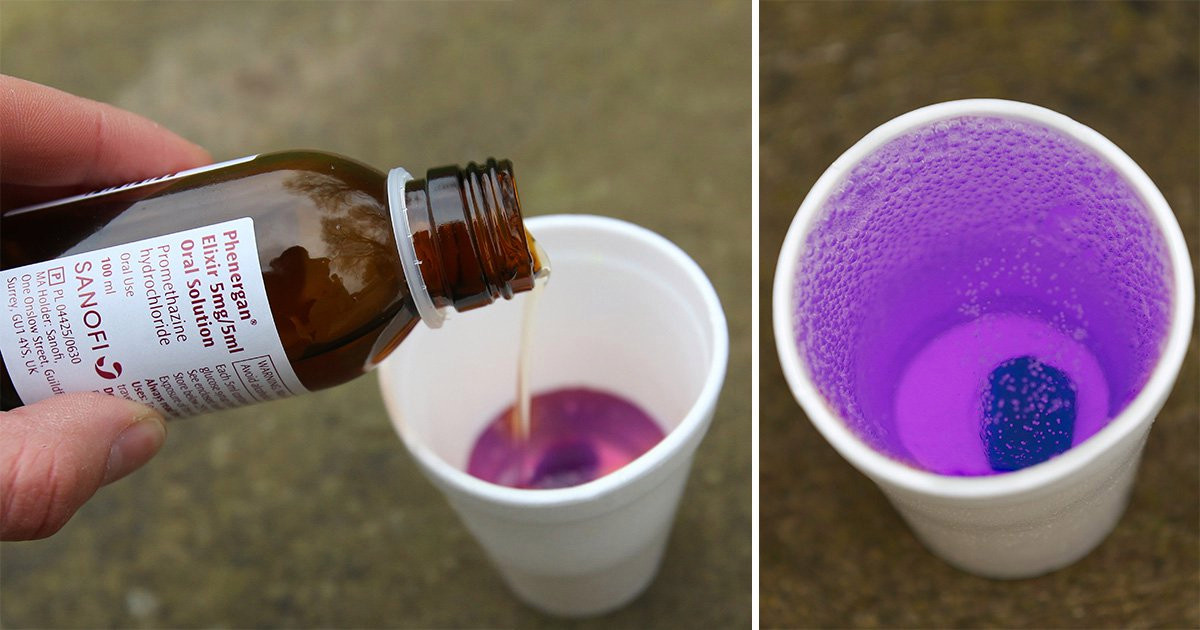
Continued usage of Purple Drink may cause other health issues such as
• Dental Decay
• Weight Gain
• Trouble breathing
• Irregular heartbeat
• Seizures
Even when Lean doesn’t contain promethazine or codeine, it can still be potentially fatal. Another common ingredient present in many cough syrups used to create Lean Drink is Dextromethorphan (DXM) which has disassociative effects similar to PCP or Ketamine and affects the dopamine production in the brain, a primary factor in addiction.
In recent years, Codeine cough syrup has been replaced by another over-the-counter (OTC) drug, Dextromethorphan (DXM) cough syrup in some US states. Cough syrups, such as NyQuil®, Robitussin®, and Theraflu®, contain DXM. “Robotripping” is the name given to the DXM-soda-candy combo. DXM, unlike Opioids and Codeine, affects the same receptors as Hallucinogens like Ketamine and PCP. DXM is a Dissociative substance that causes out-of-body hallucinations.
• Loss of coordination
• Numbness
• Nausea
• Increased Blood Pressure
• Increased Heart Rate
• Reduced Oxygen to the brain
Can You Overdose on Purple Drink?
According to the National Institute on Drug Abuse, 64,000 Americans died from drug overdoses in 2016, and opioid drugs were responsible for 50,000 of those deaths. Codeine, one of the opioid medications, can cause an overdose if taken together with alcohol or other drugs. Specific symptoms of a lean overdose:
- Dilated pupils
- Low blood pressure
- Decreased heart rate
- Slurred speech
- Respiratory depression
- Nausea and vomiting
- Clammy skin
- Poor balance
- Seizures
Victims of codeine overdose may slip into a coma or die from either heart failure or respiratory failure if treatment is not given. If a lean overdose is suspected, emergency medical assistance should be sought immediately. Paramedics may administer Naloxone, a drug that counteracts opioid overdoses and saves lives if given in time.
Just as with any drug though, those who have faced the intense momentum of addiction know first hand that knowledge of dangerous side effects alone is no match for the lure of euphoria that becomes a driving force of the addiction. So what if you find yourself in the grips of its hold? What can you do? Just as with any substance, the road to freedom requires support, especially through the withdrawal period, and this particular substance does come with an intense withdrawal period.
What to Expect in withdrawals from Lean Drink
Because of the variety of ingredients being used to create Lean Drink, the symptoms of withdrawal can vary but may include the following:
• Agitation
• Aching Muscles
• Sweating
• Sleeping difficulties
• Abdominal cramps
• Vomiting
Oasis Recovery is Here For You
The intensity of withdrawal from purple drink often requires detox in a medically supervised detox center. Oasis recovery can help direct you to a detox center and be there to support you in your continued recovery afterward. Through our individualized approach, we take into consideration your personal struggle with this substance, and how it has shaped your experience.
Substance abuse and addiction can affect anyone. If you or a loved one are currently struggling with addiction, help is available! We encourage you to reach out to the professionals at Oasis Recovery to learn more about our personalized treatment programs and mental health services.
Oasis Recovery was founded from firsthand experience of addiction and recovery, with a mission of providing a space where people can heal from addiction in a compassionate, creative, open-minded, and heart-centered environment. We believe recovery is always possible. Our experts work with you to design a treatment plan that fits your needs. Common treatment programs include:
- Intensive Outpatient Programs (IOP)
- Full-time Addiction Treatment on campus
- Aftercare Services
Contact us today for more information about how our programs and services can help you get your life back on track. You no longer have to struggle with addiction on your own. We are here to help.
You do not have to struggle with addiction alone. Call Oasis Recovery today to speak with a treatment specialist.



